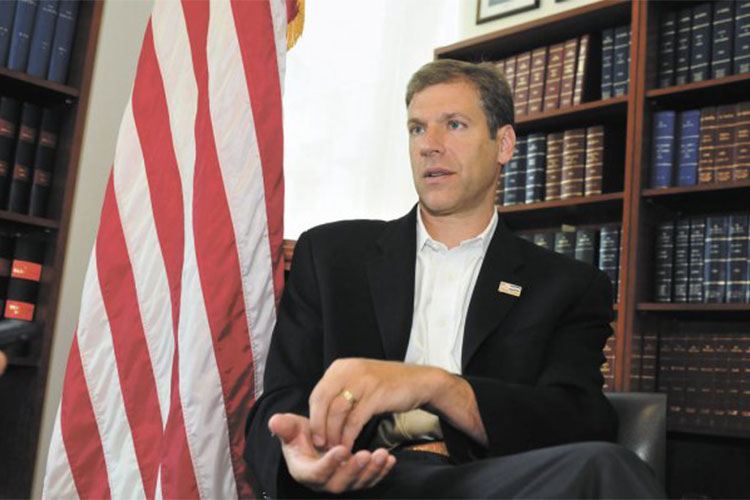Dan Kammen on renewable energy, kids and cars and, yes, I-M-P-E-A-C-H
The professor of energy and public policy recently talked with Vox.com about his resignation, his not-so-hidden message — and, especially, the state of renewable energy in the United States

September 7, 2017
UC Berkeley Professor Dan Kammen earned national publicity recently when he stepped down from his longtime role advising the federal government on energy — with the message I-M-P-E-A-C-H encoded in his letter of resignation.
His resignation came amid the uproar over President Trump’s response to the recent racially tinged violence in Charlottesville, Virginia — but was grounded in the president’s policies on subjects Kammen has devoted his professional career to advancing, especially pushing for more renewable energy sources in the face of climate change.
Kammen, who is a professor and chair of the Energy and Resources Group and a professor in the Goldman School of Public Policy at Berkeley, recently talked with Vox.com about his resignation, his not-so-hidden message — and, especially, the state of renewable energy in the United States. Hint: No, the grid is not becoming unstable in areas where renewable energy use is high, and yes, a future of all renewables is not only just possible but closer than you think.
“You get ridiculously silly arguments against [renewables],” Kammen told Vox energy and climate change writer David Roberts. “Last week, during the eclipse, I got messages from conservative utilities and right-wing groups saying, ‘Oh, well, this demonstrates the infeasibility of solar.’ I said, ‘Have you ever heard of nighttime?’ ”
He adds: “The facts are that a diverse energy system with a large amount of renewables looks different than an old-style system, but it is, in fact, as or more reliable.”
And when it comes to cars, Kammen says: “When you talk to 20-year-olds today, they don’t see owning a car as a good thing the way people 45 and older do. They see owning a car as a big, unnecessary hassle. They want access to transportation. There is a huge culture change that old people like myself need to catch up with.”